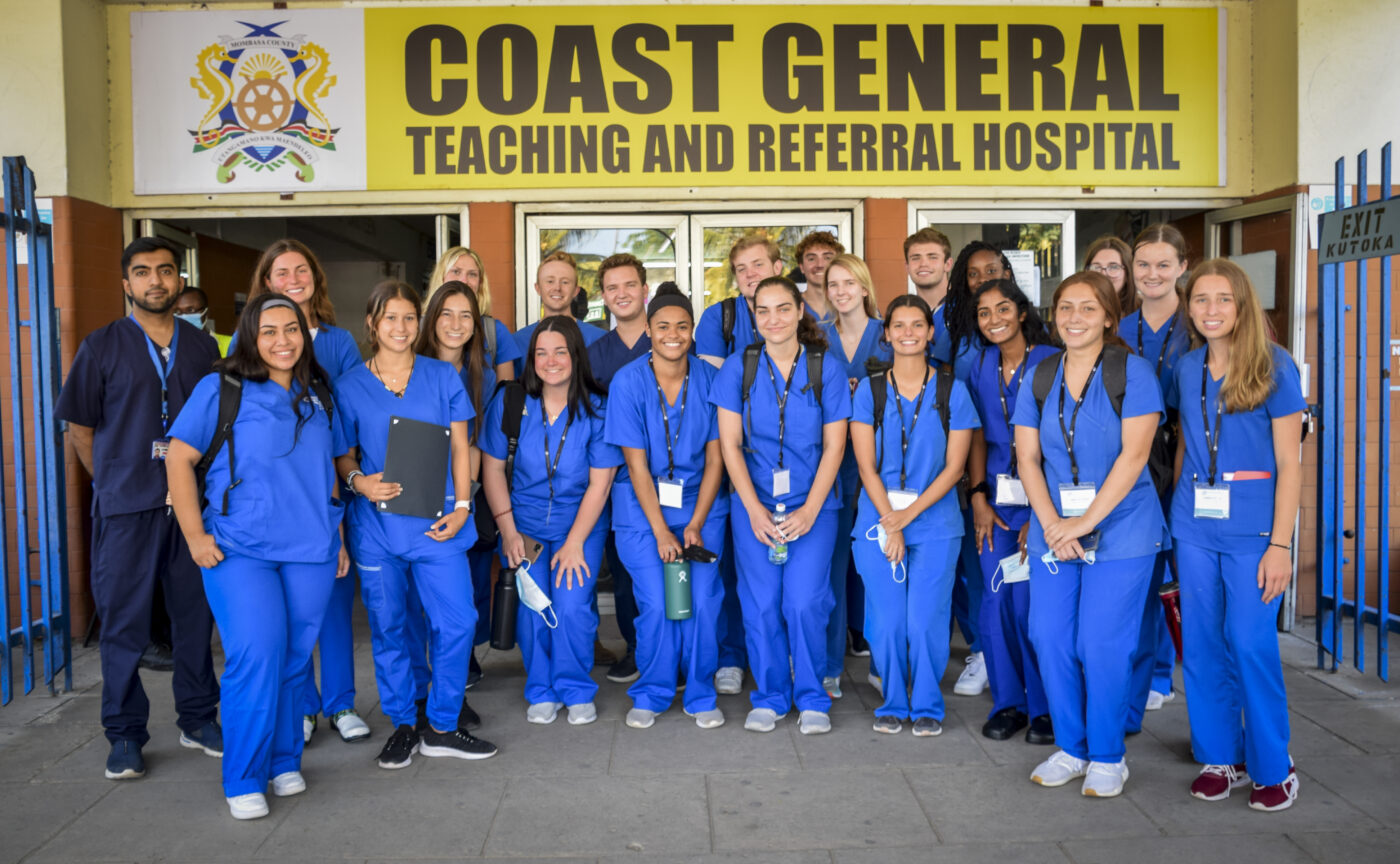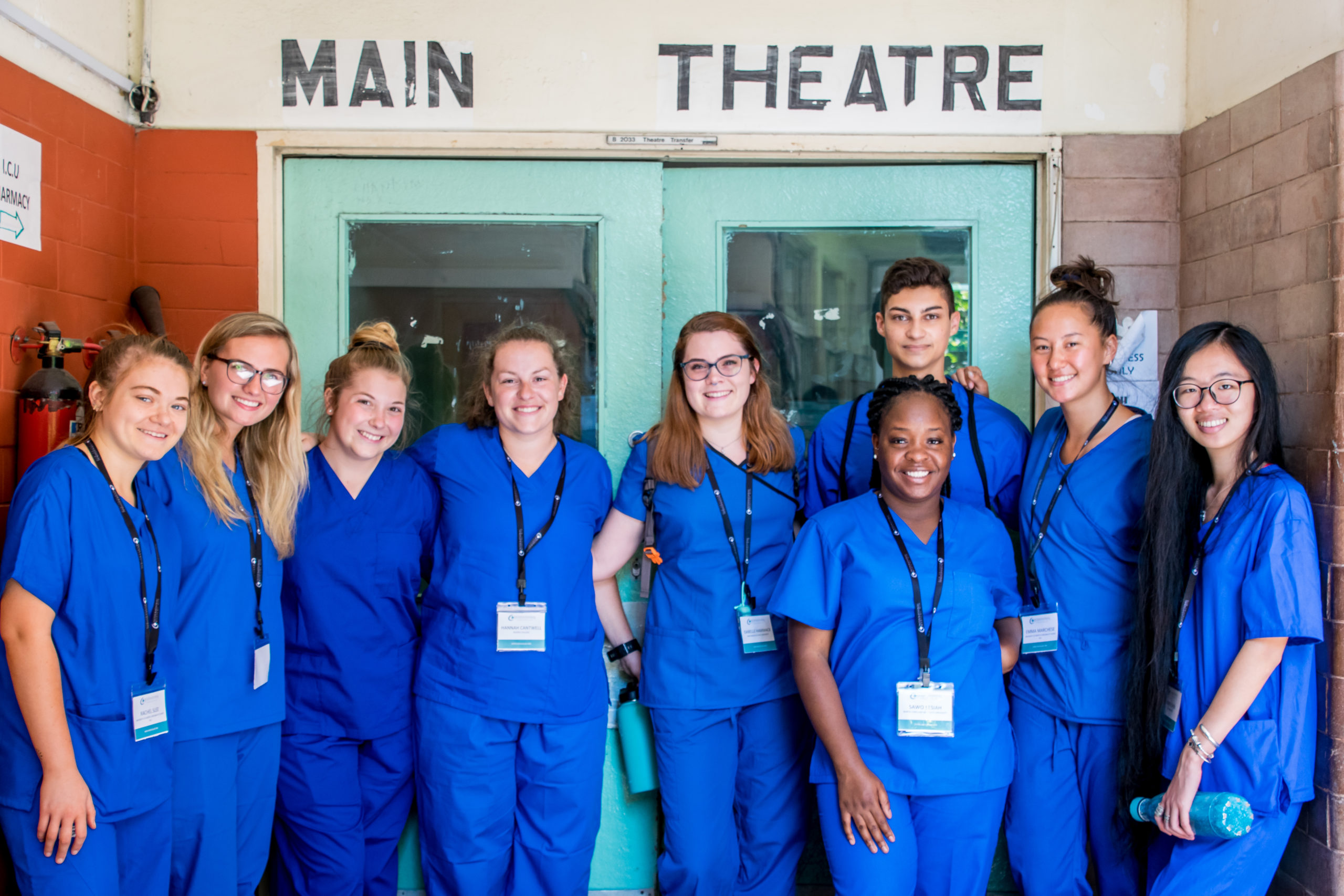High school medical internships equip you with a wealth of skills and knowledge of what’s expected of you in the job market. They help you develop essential skills like communication, time management, and teamwork. Moreover, you get to work with experienced healthcare professionals and better understand their duties and responsibilities.
Employers are now shifting their perspectives on the long-standing myths about high school students working as interns. So, now’s as good a time as any to complete a medical internship. Keep reading to learn how to become a successful high school medical intern.
Research and Opt for the Right Program
Over 50% of high school students interviewed in a study preferred a clinical career, and only half that number progressed with that choice in college after graduation. That means half of the group had a change of heart and probably thought they weren’t well suited for a career they had interned for.
Before joining a high school medical internship, determine your preferred program and how it aligns with your academic and career goals. Most programs may accommodate your selected field, but some don’t. Signing up for one without due diligence will only get you into an area you may not enjoy.
Most medical internship programs offer hands-on experience in various fields and are inclusive. You can easily find them by simply doing online searches. Enter terms like “medical internships for high school students” and add your location, research institutes, or local hospitals. Medical schools and universities usually offer medical programs too.
You can also consult your guidance counselor or science teachers.
See if they know any local programs and if they would be willing to write a recommendation.
1. Develop Strong Communication Skills
You need to have excellent communication skills as well. These skills are a critical part of doctor-patient interactions. You must know how to listen attentively, express yourself verbally and non-verbally, and show empathy.
Below are ways to be a skilled communicator:
- Converse With Others: Engage in conversations with your supervisors, staff, and fellow interns whenever you can.
- Ask Questions: While interning, you’ll have a lot to learn. Don’t hesitate to ask meaningful and helpful questions.
- Use Examples: When communicating with staff, your supervisor, and fellow interns, use models so that they can understand the issue and offer help.
All in all, communication is an important skill to help you thrive wherever you go.
2. Be A Professional
Aside from solid communication skills, professionalism is an ingredient to success. Be confident, patient, and understanding, and treat other interns, patients, and staff well.
Here are some tips for developing and practicing professionalism:
- Be Punctual and Dependable: Professionals are always on time and are reliable.
- Dress Accordingly: Follow the dress code. Wear long- or short-sleeved shirts with a collar, a light-collared jacket, trousers, and closed-toe shoes. Avoid inappropriate clothing and items, such as collarless shirts, T-shirts, tank tops, shorts, and facial jewelry.
- Maintain a Positive Attitude: Address your superiors respectfully and be kind and courteous to others.
A major factor in career success, professionalism represents your responsibility, dependability, and loyalty.
3. Stay Organized
A medical internship can be challenging, so you need to stay organized. Maintain cleanliness in your workspace, take notes, and follow your schedule. But remember, don’t be too hard on yourself. You’re still learning. Your mentor will always be there to help guide you through the process.
The following are steps you can take to be organized:
- Spend Your Time Wisely: Every second counts, so steer clear of distractions like social media. Do the most important and urgent things first. Break down tasks into smaller ones. You can also set a time limit to complete an assignment so that you can be more efficient and focused.
- Use a Calendar: Note down deadlines for tasks or projects.
- Discuss Issues Immediately: If you encounter problems along the way, reach out to your supervisor.
- Unwind: You deserve to take a break. Meet up with friends, hit the gym, or watch a movie. Do what you enjoy or find relaxing.
Being organized will not only make you more productive but also happier.
4. Listen to Feedback
Your mentor may assess you. Pay attention to their feedback and ask questions about what you can improve. Their evaluation will help you grow and improve your skills. Your fellow interns may also share advice you’ll find insightful and valuable.
Final Thoughts
The road to success in a high school medical internship requires dedication, focus, and determination. You need to be willing to learn and strive to do better. So, with passion and hard work, you’ll overcome challenges that come your way and end on a high note.









